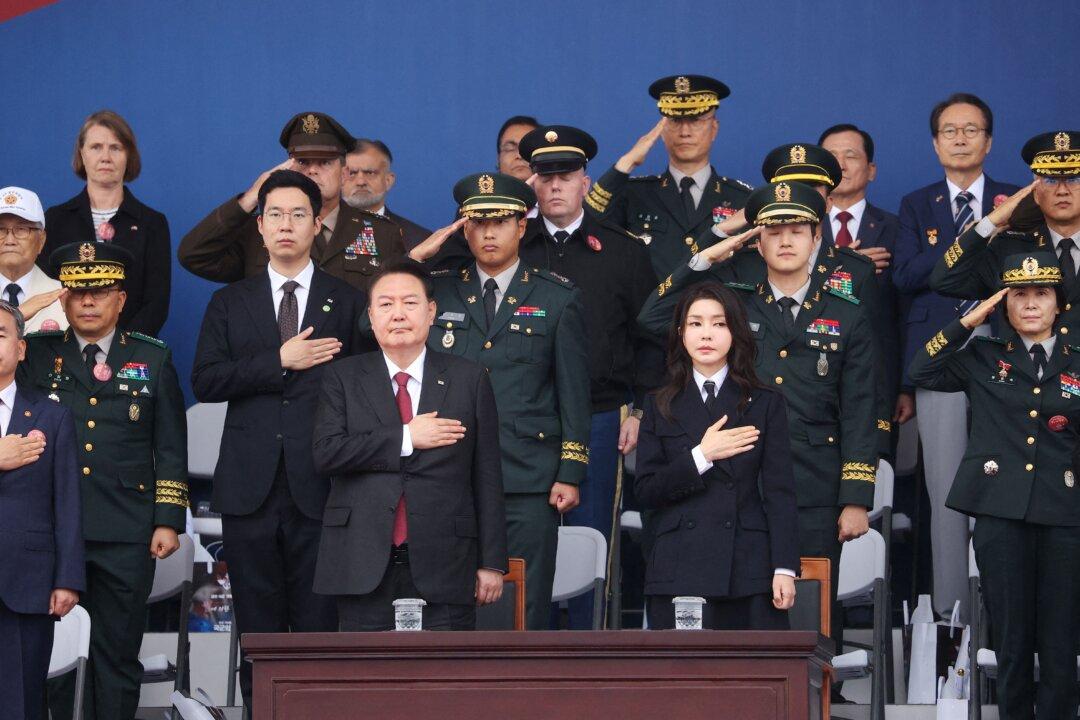South Korean President Yoon Suk Yeol has warned North Korea that if it deployed nuclear weapons, it would be met with an overwhelming response from the South Korea-U.S. alliance.
During a military parade in Seoul, Mr. Yoon underscored that South Korea is committed to fortifying its security measures through a steadfast alliance with the United States and bolstered trilateral cooperation with Japan.





